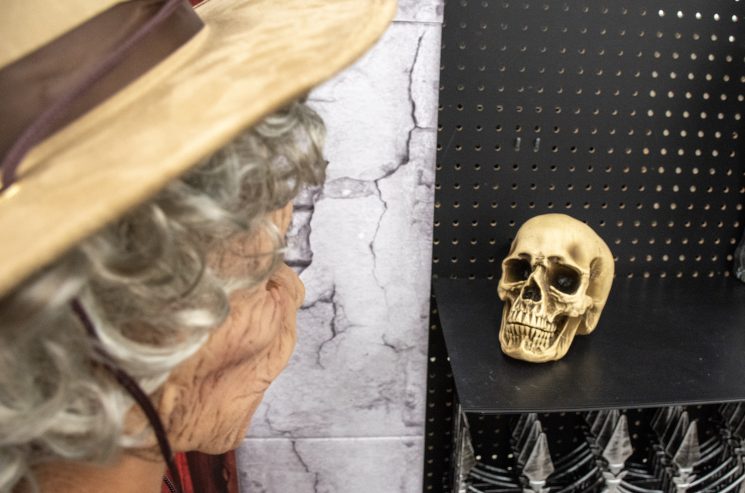
By Caroline Mora
For 12,000 years, the human life expectancy ranged from 28 to 44 years old. In 2024, the average life expectancy in the United States of America is about 80 years. Humans have come a long way, and with more medical advancements, vaccines and information about illnesses readily available to the public, life expectancy has increased by over 200% in the last 100 years.
However, new research has found that the rate of acceleration for life expectancy worldwide has begun to decline, and it appears that we have reached a longevity plateau.
We have more centenarians (those who are 100 years or older) than ever before (approximately 90,000 in the United States), and it is likely that with more medical interference, we will see many more in the future. But without medical intervention and allowing your body to age naturally, how long will the human body last? I define “aging naturally” as including medical treatments but excluding bionic accessories and other machines that will artificially sustain life.
Bodily decay and the compensation effect
All animals experience a certain rate of bodily decay. It can vary, but, usually, the variance is not extreme. For example, flies live for about two to three weeks, and there is little deviation from the average. However, humans experience different decomposition rates and lifespans depending on unseen genetic factors, environmental conditions and disease.
If humans live long enough and prevent diseases and infections, we put ourselves at risk for age-related degenerative diseases like Alzheimer’s, macular degeneration (an eye disease that affects the retina and causes vision loss), heart disease and certain cancers.

The compensation law of mortality explains that if a population experiences high mortality rates at one period in their lifespan, nature will find a balance and this select group is likely to experience more resilience and lower mortality rates later in life under similar conditions. Moreover, if you experience low mortality (low risk of death) rates when you are younger, you are likely to have higher mortality (high risk of death) rates as you get older because your body is biologically untested.
According to this, the human body can only take so much. You’ve outlived your warranty. Once you’ve lived for a certain amount of time, your body will start to break down without serious medical intervention, no matter how healthy you were when you were younger. From a logical standpoint, if you have a serious medical condition when you are young, you are more likely to receive medical treatment for this condition than somebody over 70 years old.
As people get older and experience medical problems, they’re less likely to seek care if they’re over the age of 70 than if they were 30 or 40. Most people over the age of 70 won’t even be considered for life-saving treatment like heart transplants or lung transplants due to a higher risk of medical complications.
The bottom line
Humans do not have an absolute maximum lifespan, but it is not likely humans will naturally live longer than 130 years without serious medical intervention. The improvement in life expectancy, compared to the improvement of 200% in the last 100 years, has begun to slow down. People are still getting older, and there are improvements, but the leaps and bounds at which these improvements were previously made are now made in smaller increments.
Therefore, if you experience life-threatening hardships when you are younger and survive, you’re likely to live longer and resist similar life-threatening situations that may arise later in life. This also makes sense for people who never experienced life-threatening situations; if they are healthy their whole life, with no viral immunity or survival experience, they are less likely to survive later in life when they do encounter critical circumstances.
This is not to say that if you are healthy now, you absolutely will not be healthy later. The key to living a healthy life is the same as it ever was: a healthy diet and healthy social relationships. You may not live to be 200 years old, but I’m sure a healthy and fun 80 years can be just as fulfilling as a decent 200 years.





